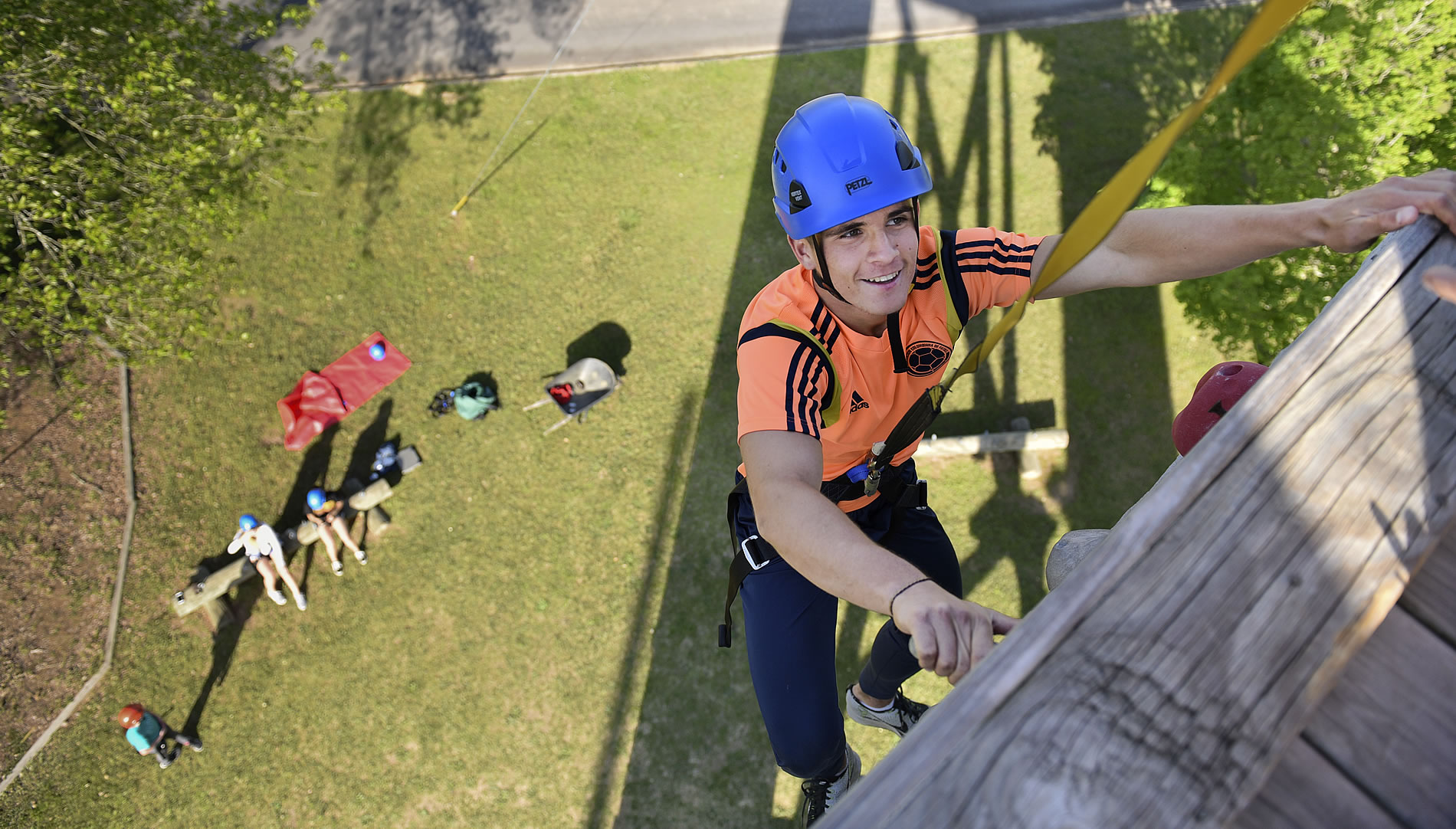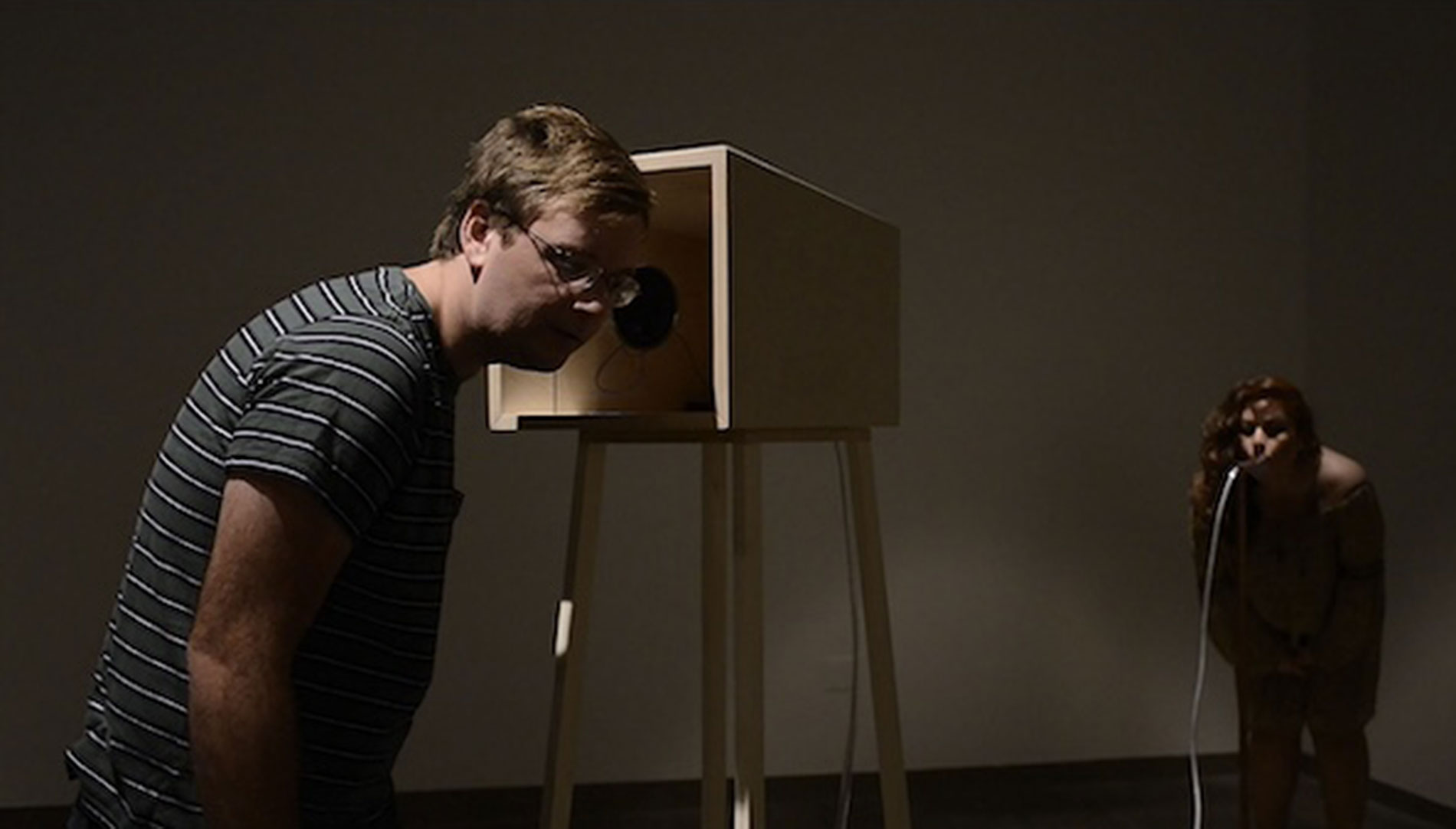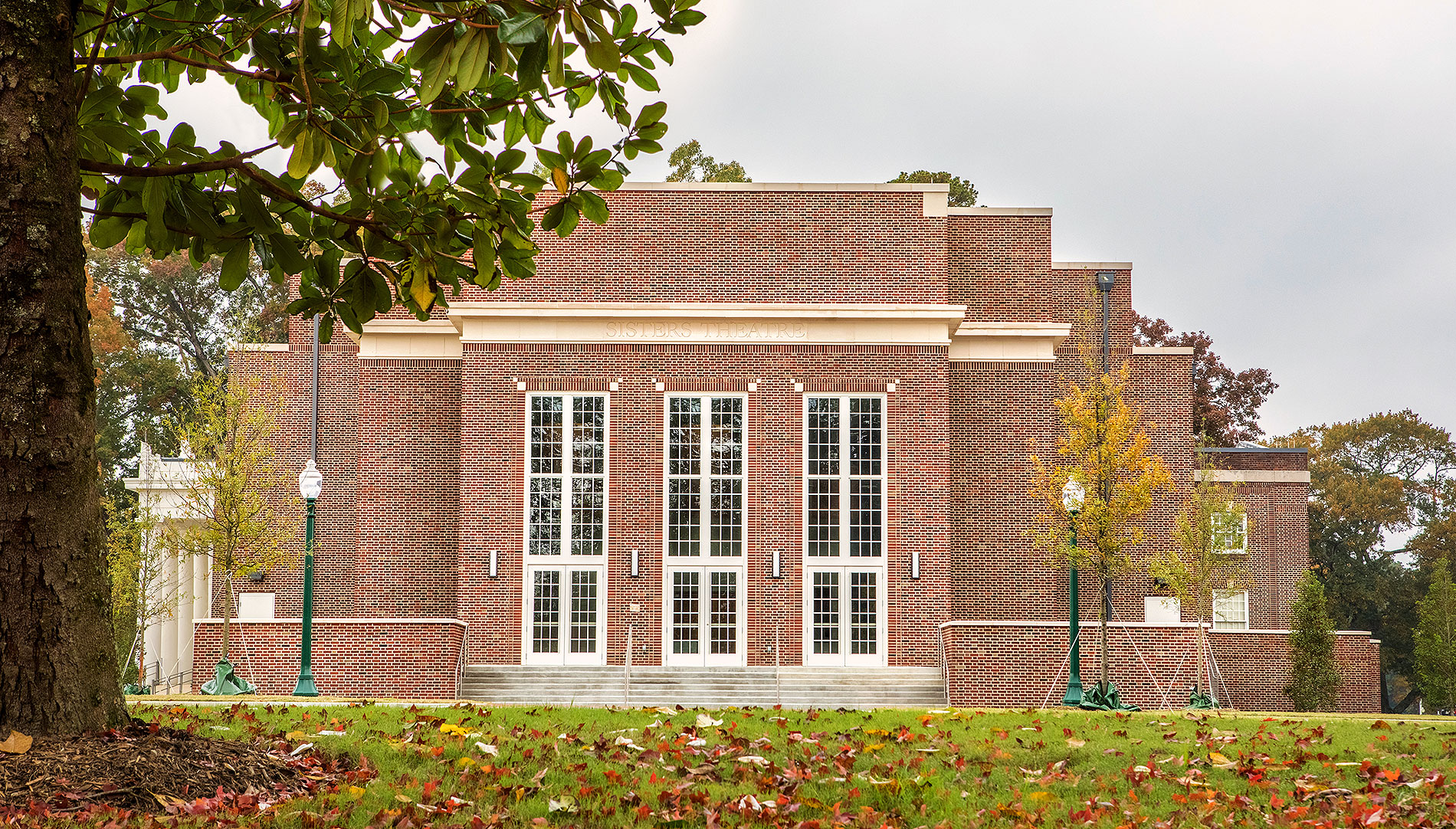The college experience is not complete without taking advantage of outdoor recreation opportunities available to college students. You may have attended summer camps or outdoor clubs or participated in outdoor recreation before, but there’s nothing like attending a college and having adventures right outside your residence hall. At institutions like Berry College, the outdoor recreation program provides a variety of instructional, recreational and social outdoor events while emphasizing safety and respect for the environment. Here’s a quick overview of the nature-based fun and learning you can expect to enjoy as a college student.
What is Outdoor Recreation?
Outdoor recreation is any activity you can do outside. Many colleges offer a variety of resources to support students in outdoor endeavors as they build community at their new institutions. At Berry College, the goal of our outdoor recreational programming is to foster community by facilitating leisure pursuits that 1) provide opportunities to meet others with similar interests and 2) promote ways to maintain or improve personal health and well-being. For example, on the world’s largest campus, recreational activities vary from learning skills like cooking over an open fire to competing in a pickleball tournament to birdwatching.
What Types of Activities are Available in Collegiate Outdoor Programming?
Scheduled Events
Depending on where a college campus is located, recreational programming may be limited by travel time or transportation requirements. Berry College is lucky enough to offer events on campus and in nearby areas, with outdoor recreation programs inviting students of all levels to participate. This might look like group river paddles, group hikes, backpacking overnights and group rock climbing. Events might be a one-time occurrence during a semester, or they might occur weekly. With a 27,000-acre campus to explore, a group can even enjoy a horseback trail ride and never leave Berry College.
Director of Recreation Victor Morales emphasizes how scheduled programming gives students long-lasting memories and stories worth telling: “I love problem-solving and interpersonal development, and I especially love seeing a student share their excitement with the group when they accomplish a goal. In every outdoor experience, I see people overcome fears, accomplish what they thought they could never do and learn to trust each other, both physically and emotionally.”
Morales adds, “Our group overnight trips are my favorite, mixing camping with another activity like rock climbing. Students have fun climbing, get to share meals, explore nature and share stories around a fire.”
Easy-Access Campus Resources
On some campuses, there are resources available for students to use at their discretion that don’t require attending an event. For example, at Berry College, mountain biking trails and the paved Viking trail are located just outside student residence halls. Two disc golf courses also span the campus, and students can play at their leisure.
Gear Rental
College recreation departments often make gear rental convenient and affordable for students, and Berry is no exception. Don’t have the gear to play disc golf? Need a tent or sleeping bag? Looking for a paddle board, kayak or tube for an afternoon on the river? No problem. Each semester, Berry’s recreation department makes the outdoors accessible to everyone whatever their budget by publishing a gear catalog of items students can rent from the student athletic and recreation center. With this resource, students can peruse what’s available and easily plan their own adventures.
Training Sessions
Did you know that colleges like Berry also offer different types of outdoor training sessions? These sessions are delivered in one-on-one and group settings. Here is a list of some of our favorite training sessions available at Berry College.
- Knot Tying
- Belay Techniques and Skills
- Kayak Paddling
- Backpack Fitting
- Tent Setup and Care
- Cooking on an Open Fire
- GPS Use
- Orienteering
Inspiration to Connect with Nature
In addition to planning events and equipping students, recreation departments often publish resources to motivate students to enjoy nature and kick-start outdoor adventure. Are you looking for places to go on a hike? There’s likely a campus trail map or a list of close trails on the campus website. For example, Berry College not only has several trail maps, but it also offers an Outdoor Bucket List with the top 100 activities to try out on campus. It includes 10 trails varying in distance and terrain, notable points of architectural interest and favorite spots such as the Pew Observatory, as well as fun things to do like photographing wildlife, playing sports or simply relaxing in a hammock.
Why Get Involved in Outdoor Recreation?
Health and Well-being
Did you know that, according to an Environmental Protection Agency survey, Americans now spend close to 90% of their time indoors? Medical research suggests we experience significant benefits from spending time outside beyond the traditional physical health advantages. To name just a few, being outdoors lowers levels of stress, anxiety and depression along with improving learning outcomes around critical thinking, curiosity and creativity.
When students begin college, they are hit with a lot of transitions at once. Many college students report experiencing stress and anxiety throughout their college years. Outdoor recreation programming is just one of many college resources that can help students find balance, relieve stress, enjoy exercise and connect socially.
Madison Clevenger, student director of Berry College Outdoor Leadership Development (BOLD), notes the program’s positive impact: “Working at BOLD, I’ve witnessed upcoming students grow more comfortable with coming to Berry through outdoor programming. Watching people grow and accomplish goals (all while having fun!) has been incredibly impactful and rewarding."
New Hobbies and Friends
If students have grown up in homes or places without an emphasis on getting outside, college recreational programming is an easy way to step into a completely new hobby.
Student Director of Outdoor Programming Helen Paris has experienced firsthand how outdoor rec allows students to get a taste of or train in a new activity that may lead to a lifelong pastime: “Through this programming, I’ve learned about paddle boarding and mountain biking as well as learning how to teach outdoor skills. I enjoy outdoor rec because I get the opportunity to organize fun trips for the Berry College community where students can enjoy time with their friends, even if they have no prior experience with the outdoors.”
Shared activities and experiences allow students to connect through their interests and form new relationships along the way. You and a roommate might try something new together, like the BOLD ropes course where you can create a bond through the shared experience while growing team and leadership skills. Who knows? The person holding your rope on the course might become a lifelong friend.
Clevenger reinforces that getting outside allows for some of the best social connections colleges can offer: “I find that I form deeper connections when placed in a challenge or new experience, and it’s cool to see people encouraging one another past physical and mental obstacles. There’s also just something special about connections formed while kayaking or backpacking or climbing on a ropes course. The beauty of nature draws people together in a special way.”
Building a Career
Hearing from these student leaders also shows another side of outdoor recreation — professional development. For example, if a Berry student believes outdoor recreation might relate to their future career, faculty and staff are prepared to help them connect their interests to their classes and find campus jobs and leadership positions in this field. Students hired to help run BOLD and the outdoor recreational programming learn how to plan and facilitate large group outdoor events or train student leaders.
Amanda Highfield ’05 says Berry faculty helped her weave in outdoor interests with academic experiences. She majored in psychology but also had a deep interest in adventures in nature. During her senior year at Berry, Highfield partnered with WinShape Teams (formerly WinShape Wilderness) — a Chick-fil-A nonprofit — to create an internship focused on “adventure therapy.” Now a licensed professional counselor serving indigenous children at Copper River Native Association, an Indian Health Service clinic in Glennallen, Alaska, she no longer takes clients backpacking but still uses adventure principles with the children she counsels.
Kelli Duncan ’10 also grew her love of outdoor experiences while at Berry. Originally coming to college undecided, she discovered in a two-hour career development course that she wanted her future career to include outdoor adventure, spirituality and education.
“A major like this did not exist at Berry College, but that did not keep my campus mentors from helping me draw up a plan,” Duncan explains. “I created an interdisciplinary studies program in outdoor education and religion. After that course in my sophomore year, I also started working with the BOLD program. At the time, adventure experiences for students were part of kinesiology courses. My role was to help plan the curriculum and organize gear needed for classes and events.”
Today, Duncan is a co-owner of Revive Cycleworks and the program director for Higher Ground, a nonprofit focused on providing adventure experiences and training for small and large groups. Duncan was originally hired after college by Summit Adventure, an outdoor adventure study abroad program for college students in Bass Lake, California. She returned to Rome, Georgia, when Nathan Hicks, the former assistant director of BOLD, created Higher Ground.
“After I graduated, I was looking for ‘instructor’ jobs to continue to educate others about the power of an outdoor adventure,” Duncan remembers. “I didn’t want to just facilitate something. I wanted to teach others how to enjoy the outdoors like I had at Berry. Before my college experience, I didn’t know people went kayaking or rock climbing on their own. I thought that was something that happened inside a camp venue.”
Duncan’s work as a co-owner of Revive Cycleworks reflects the values she cultivated during her college adventure experiences. “The word ‘revive’ stood out because giving someone a safe and proper bike to ride is giving them way more than just a safe and proper bike,” she says. “It's giving them the opportunity to ride to work, ride with their family, meet new people, do this beautiful skill that provides exercise and wellness. Cycling is not just a thing you do. If you’re riding on the road or riding a technical trail at Berry, inevitably something new is going to happen in you.”
Both Highfield’s and Duncan’s experiences depict how nature can be life changing in college. Outdoor recreation bleeds into classes, research and service opportunities, and allows students to think more critically about the world around them and about themselves. It is another opportunity for students to learn to love and appreciate the natural world beyond their college bubble.
Appreciation for the Environment
Outdoor recreation has a unique emphasis at Berry College. Founder Martha Berry famously said, “I pray that I may leave the world more beautiful than when I found it.” Today, outdoor recreation not only allows students the opportunity to enjoy the college’s 27,000 acres, but it also teaches students and the public that protecting and conserving the land go hand-in-hand with enjoying it.
If you’re a prospective college student, don’t miss your opportunity to experience all nature has to offer. Check with your high school guidance counselor about colleges and universities like Berry College that offer outdoor recreation programming. If you’re further along in the college search process, talk with the admissions counselors at the schools you’re considering to learn more about their outdoor recreation programming.



